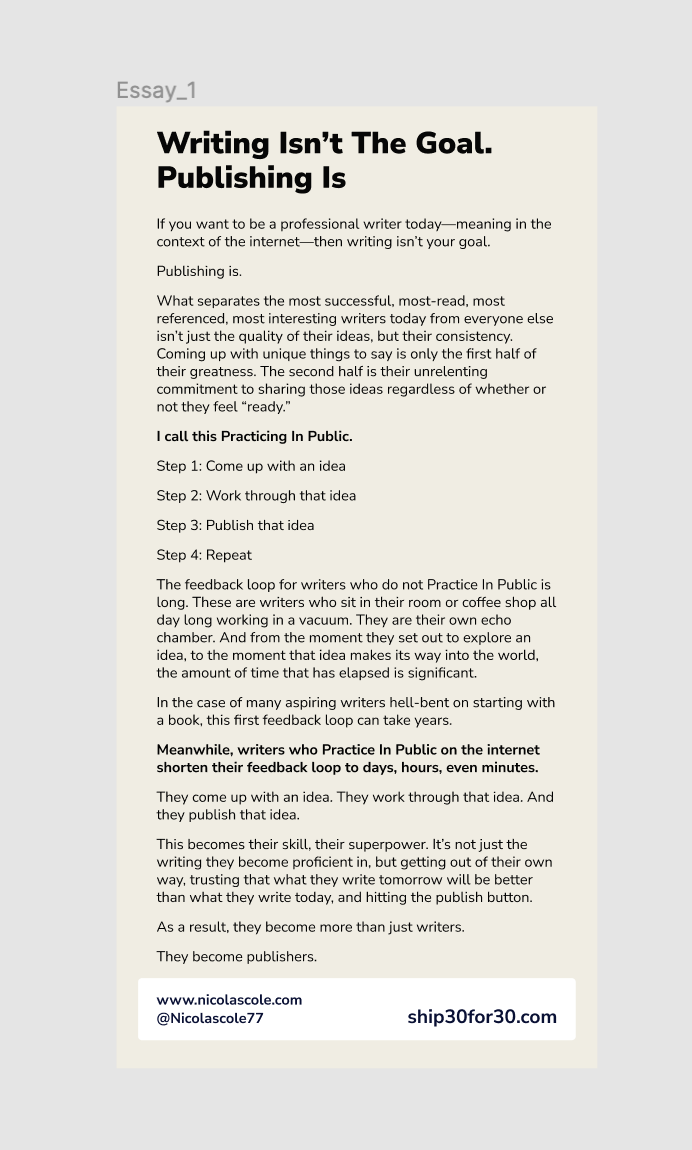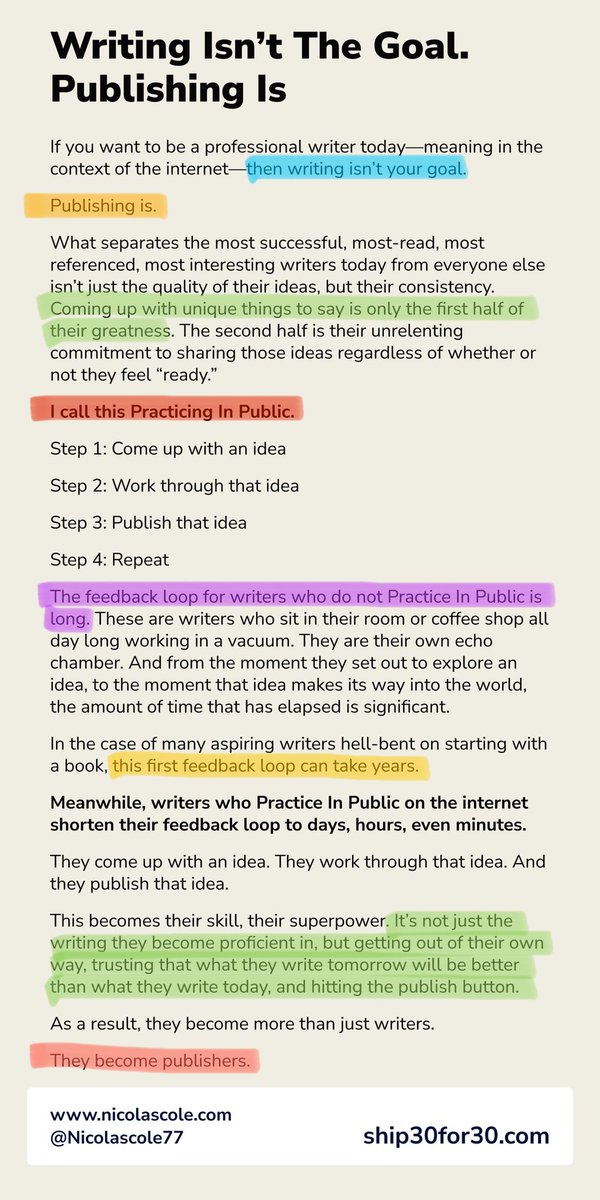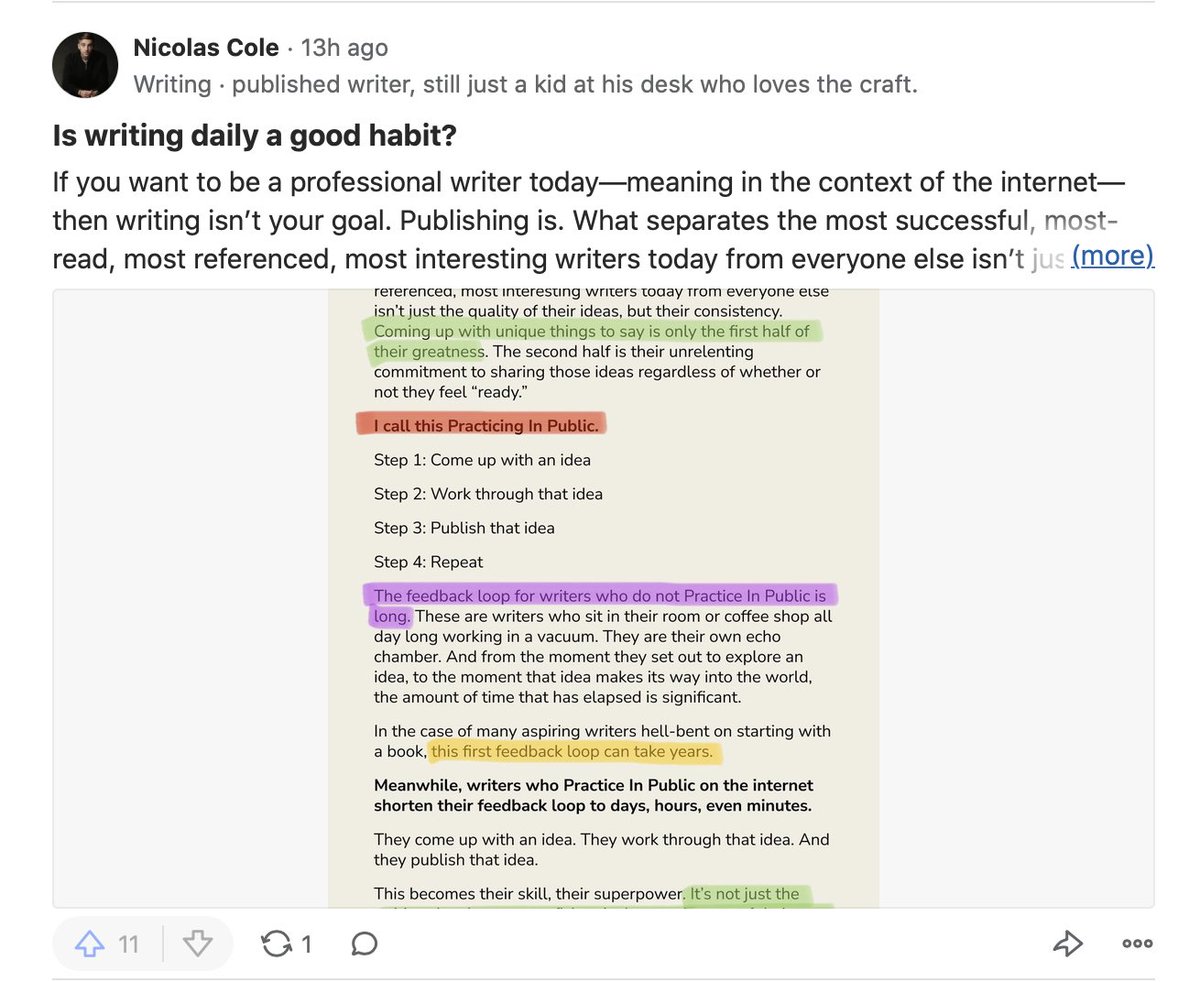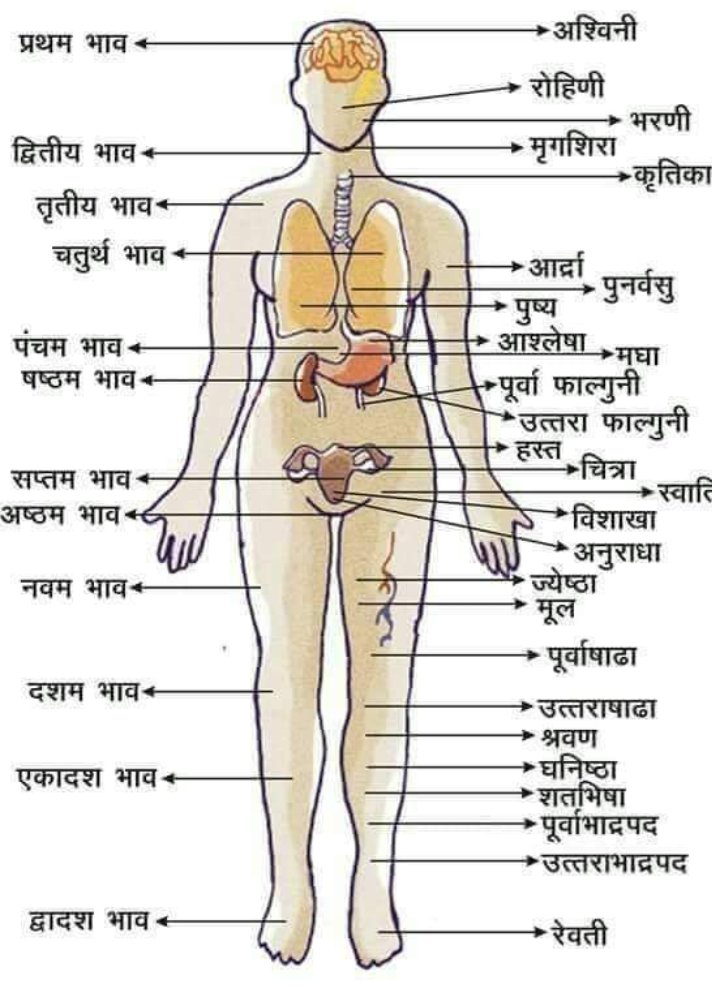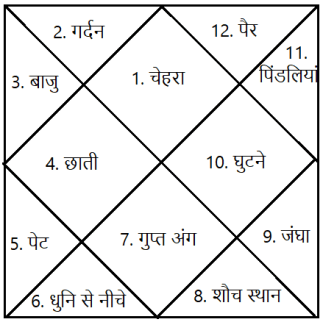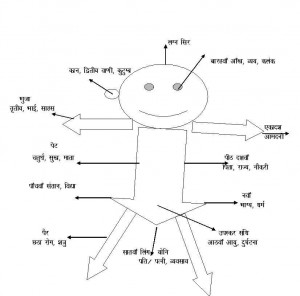Self-compassion: Being kind to yourself in the midst of struggle; creating space to hold softly what you are feeling.
Something I see all the time in my research and writing and talk about frequently in my coaching practice is the need to marry fierce self-discipline with fierce self-compassion.
On sustainable success, peak performance, and career advice.
THREAD 👇👇
Self-compassion: Being kind to yourself in the midst of struggle; creating space to hold softly what you are feeling.
Self-discipline is your fuel as you move forward on your respective path. Self-compassion is your guard-rail: it keeps you on course when you go astray.
Why? Simple.
If when you fail you are judgmental and beat yourself up all you are doing is wasting energy. If you are kind to yourself, you can simply get up, adjust, and go again.
If you cultivate strong self-compassion you can take risks and fail and go to hard places knowing you can hold it all and still be okay.
It doesn't make hard things less hard; it makes you more able to handle them. (See work: @DennisTirchPhD)
Notice when you are being harsh on yourself. How does it make you feel? What would it look like to change that self-talk?
This isn't about brushing off every misstep. It's about not wasting energy beating yourself up.
We tend to be much kinder—and equally important, much wiser—when we are looking out for our friends than when we are looking out for ourselves.
A mantra I use all the time, with myself and my coaching clients. It snaps you out of your head and puts you back into the present moment. Also, if it's not true, you realize that immediately and make it true.
More from Writing
Writing effectively.
But colleges charge you 120k and still do a terrible job teaching it.
Instead, here are 9 writing frameworks that cost you nothing and will save you hundreds of hours:
1. Start with building your writing habit by leveraging @jamesclear's Four Laws of Behavior
Atomic Habits from @jamesclear changed my life.
— Dickie Bush \U0001f6a2 (@dickiebush) March 10, 2021
In Atomic Habits, James lays out the Four Laws of Behavior Change.
1. Make it obvious
2. Make it attractive
3. Make it easy
4. Make it satisfying
Here's how to leverage them to build a daily writing habit (\U0001f9f5\u270d\U0001f3fc):
2. With your writing habit down, study these 10 tips from the world's most legendary marketer: David Ogilvy.
One of the most legendary marketers of all time: David Ogilvy
— Dickie Bush \U0001f6a2 (@dickiebush) June 2, 2021
In 1982, David wrote an internal memo to the employees of his advertising agency titled "How to write."
And in just 10 bullets he put together a masterclass in effective writing.
Here's a breakdown of each one: pic.twitter.com/MxRYuQRLyA
3. Then, immerse yourself in the takeaways from the bible on business
Business writing is a superpower.
— Dickie Bush \U0001f6a2 (@dickiebush) June 8, 2021
But schools and employers do a horrible job teaching people to write.
In 1981, two advertising executives wrote a timeless guide for how to write in the business world.
And here are 12 of their tips you should staple to your desktop: pic.twitter.com/w0hh0qBOG4
4. Like to learn on the go?
Dive into the creative process of the world's best writers in these 10 episodes of the @timferriss show.
I've listened to every episode of the @tferriss show.
— Dickie Bush \U0001f6a2 (@dickiebush) March 3, 2021
And some of my favorites are when Tim interviews prolific writers, diving into their creative process to improve his own.
If you are looking to build a writing habit, these 10 episodes are a must-listen:
\u270d\U0001f3fc\U0001f3a7\U0001f447\U0001f3fc
You May Also Like
Always. No, your company is not an exception.
A tactic I don’t appreciate at all because of how unfairly it penalizes low-leverage, junior employees, and those loyal enough not to question it, but that’s negotiation for you after all. Weaponized information asymmetry.
Listen to Aditya
"we don't negotiate salaries" really means "we'd prefer to negotiate massive signing bonuses and equity grants, but we'll negotiate salary if you REALLY insist" https://t.co/80k7nWAMoK
— Aditya Mukerjee, the Otterrific \U0001f3f3\ufe0f\u200d\U0001f308 (@chimeracoder) December 4, 2018
And by the way, you should never be worried that an offer would be withdrawn if you politely negotiate.
I have seen this happen *extremely* rarely, mostly to women, and anyway is a giant red flag. It suggests you probably didn’t want to work there.
You wish there was no negotiating so it would all be more fair? I feel you, but it’s not happening.
Instead, negotiate hard, use your privilege, and then go and share numbers with your underrepresented and underpaid colleagues. […]





